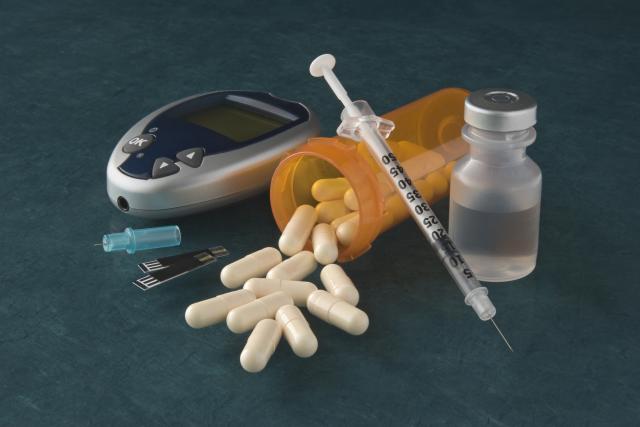
A new drug is being developed that will cut down on glucose production in the liver.
One of the most common conditions could be battled with another form of treatment, as a different approach is being considered for type 2 diabetes that may help the millions of people afflicted gain control of the life altering disease.
According to the Centers for Disease Control and Prevention (CDC), in 2014, approximately 29 million people were diagnosed with diabetes only in the United States, which makes up for 12% of the country’s entire population, and around 90% of the cases are of type 2. The costs are astronomical, and the numbers are seeing no better prospect for the future.
Researchers at the Washington University School of Medicine have worked on a different strategy of approaching the disease, and found excellent results in mice. The new treatment implies lowering the production of glucose in the liver, by shutting down a protein involved in its making. It will essentially lower the blood sugar levels, and could be highly efficient in patients suffering from type 2 diabetes.
According to lead author of the study, Brian N. Finck, who is an associate professor of medicine at the Division of Geriatrics and Nutritional Science, the strategy could prove itself effective in creating new drugs to fight the most common form of diabetes, and might pave the way to better treatments.
A drug that simply shuts down glucose production could be an effective solution, once proven of its success. Along with researchers at the University of Texas Southwestern Medical Center and Metabolic Solutions Development Co., they have begun clinical trials on rats surrounding the MSDC-0602 drug, described as an ‘insulin sensitizer’.
The trial drug is meant to stop the protein called mitochondrial pyruvate carrier 2 (MPC2), a building block of glucose, from being transported from the patient’s bloodstream into the mitochondria of liver cells. If it interferes with the mechanism and process successfully, it can cut glucose production in the liver.
It has been previously believed that MPC2 has a crucial role in producing glucose, but this is the first study to definitively prove it. It could lead to an astounding breakthrough and create a drug that will severely lower blood sugar levels for type 2 diabetes patients.
Furthermore, it’s believed that the same disruptive solution could be used to treat a condition often found in patients suffering from obesity, called nonalcoholic fatty liver disease. It may pose as no harm, but in a few cases, it could cause inflammation in the liver and scarring, which could even further result in liver failure.
The drug is currently being developed to treat both conditions, and its success could pave the way for better treatments for an unfortunately common problem.
Image source: skincarebylouisa.com

Leave a Reply
You must be logged in to post a comment.